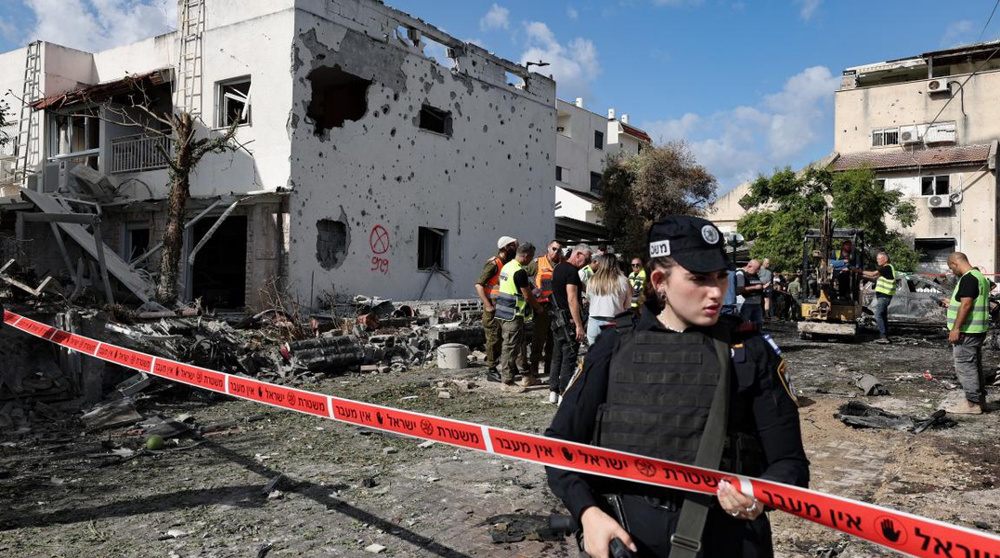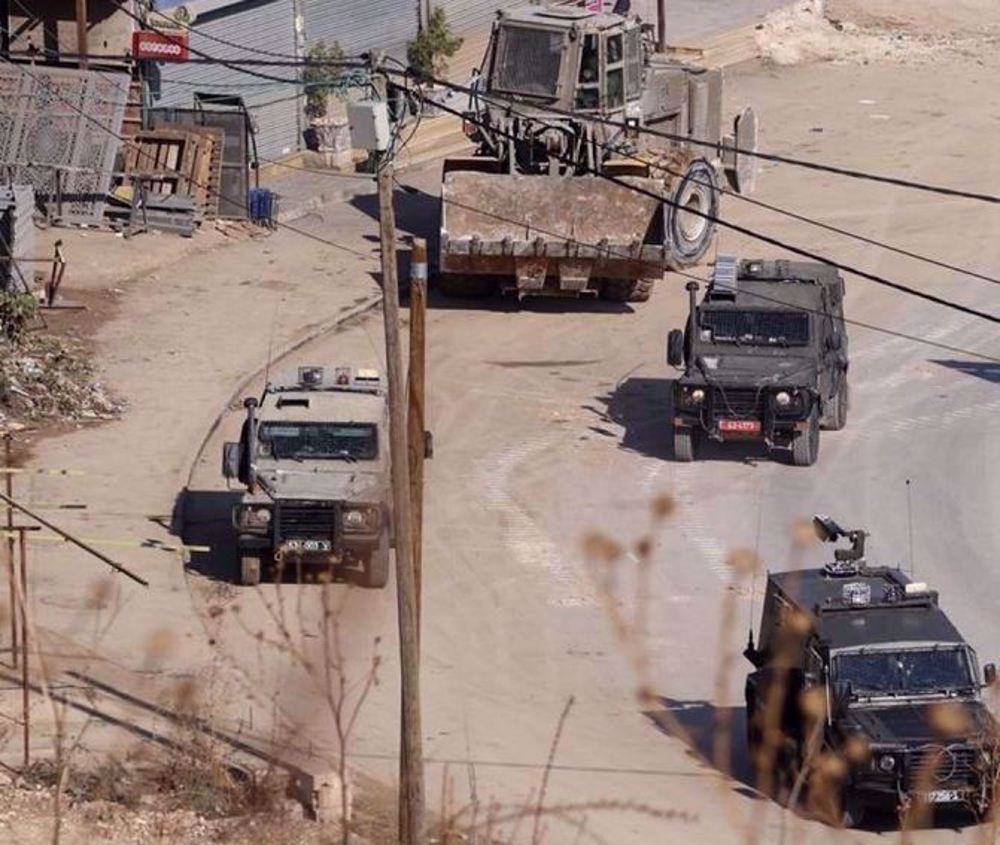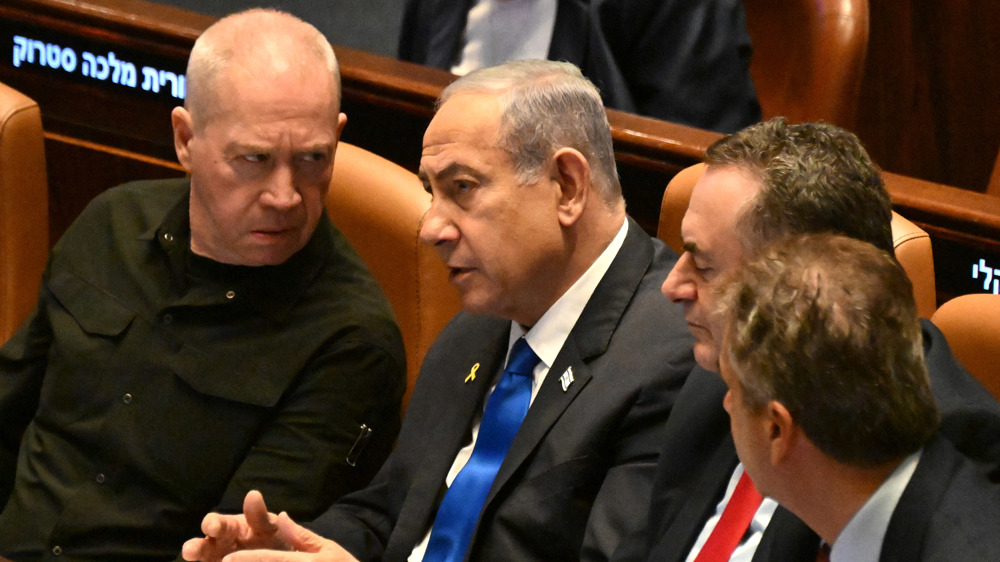Israel refuses to stop arms sales to Myanmar despite Rohingya massacre
The Israeli regime will not put an end to its sale of ammunition to Myanmar in light of incontrovertible evidence and United Nations data that the Southeast Asian nation’s military has perpetrated various forms of atrocities, including systematic rape and expulsions, against Rohingya Muslims.
English-language Haaretz daily newspaper reported that a group of human rights activists had filed a petition in the so-called High Court of Justice, demanding an end to the arms sales.
Senior Israeli official Shosh Shmueli, in return, said the court should not interfere in Israel's foreign relations.
Shmueli’s comments came as Israeli arms companies have sold more than 100 battle tanks, as well as patrol boats and light weapons to the Burmese military in recent years.
Meanwhile, TAR Ideal Concepts has trained Burmese special forces in Myanmar’s restive western state of Rakhine, where a wave of serious communal violence continues unabated.
The Tel Aviv-based company posted pictures on its website in August last year, showing its staff training Myanmar’s forces on combat tactics and how to handle weapons.
The High Court of Justice was set to rule on the petition filed by Eitay Mack along with 10 other activists later on Wednesday.
The judges hearing the case – Yoram Danziger, Anat Baron and David Mintz – issued a gag order on Tuesday regarding the court’s decision on the Myanmar arms sales controversy. The measure was adopted at the request of the Israeli regime.

Myanmar’s forces have been attacking Rohingya Muslims and torching their villages in Rakhine since October 2016. The attacks have seen a sharp rise since August 25, following a number of armed attacks on police and military posts in the troubled western state.
The government of de facto leader Aung San Suu Kyi has snubbed and obstructed UN officials who have sought to investigate the situation. The government has prevented aid agencies from delivering food, water and medicines to the refugees.
Suu Kyi has also rejected UN accusations that Myanmar's forces are engaged in the ethnic cleansing of Rohingya Muslims.
Considering Suu Kyi’s reputation for micromanagement, political analysts say it seems unlikely that the ongoing violence is taking place without her approval.
In early September, peace activists launched an international campaign calling on the Nobel Peace Prize Committee to take back its 1991 prize to Suu Kyi over her complicity in what is viewed as the ethnic cleansing of the Rohingya.
VIDEO | Iran, Pakistan vow to resist Israeli genocidal actions in Gaza
Israeli strike on Lebanon kills at least 15 people
Israeli forces kill 7 more Palestinians in West Bank
VIDEO | US presidential election
Netanyahu fires military affairs minister Gallant
Hezbollah attacks turn Israel’s Haifa into a ghost town
Iran’s FM meets Pakistani PM, discusses bilateral ties, Israeli atrocities
Iran ramps up gasoline output amid rising demand


















 This makes it easy to access the Press TV website
This makes it easy to access the Press TV website